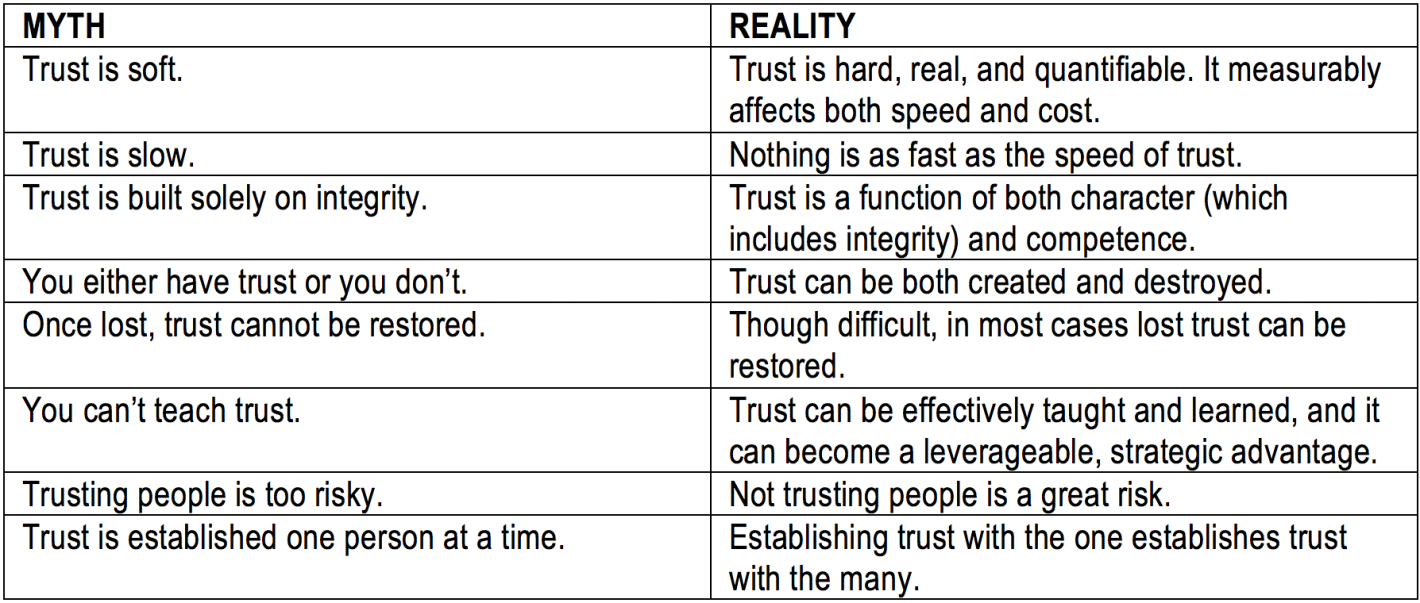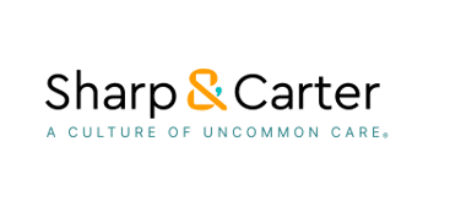In previous articles I have written about the first two pillars of our culture –
Abraham Lincoln once said: “If you trust, you will be disappointed occasionally, but if you mistrust, you will be miserable all the time.”
I love this quote and try to live by it in all my personal interactions. At Sharp & Carter we utilise trust as a way to increase the engagement, motivation and the positive mindset of our team. We also utilise trust as the primary way of controlling our business which, from my understanding it is another behaviour that is fairly unique to Sharp & Carter and rare in the marketplace.
Generally, in life, and in a new job, people will be used to “earning” the trust of those around them, or of their employer. At Sharp & Carter, the moment we hire someone is the moment they have our trust. It is not something anyone has to earn, rather it is something that each and every person receives automatically. The onus on the team member is purely this: to retain it.
Trust is not a tangible benefit, it’s not something you can physically hand to someone, it is something that you need to show through your actions as an employer. Probably the most tangible example of an employer showing trust is allowing employees to set their own schedules, or to work from home. Our office is very rarely entirely full, we have two offices in Melbourne which our staff work across, as well as a working from home policy, and some weeks there are staff I may not even see as our paths simply do not cross. To some employers this would be worrying, to me – it is just a by-product of trust.
|  | |  | |
One of the highest performers we have had at Sharp & Carter, and who we were sad to lose to a move overseas, was
Our experience was that the more we trusted Hadleigh to do his role, and the more we gave him the flexibility he craved, the better he performed. To this day he holds a number of records around performance in our business and is a testament to the positive impact trust in our staff can have.
Now, it’s no secret that the vast majority of businesses are run and controlled using processes and systems – and of course these do also have their place at Sharp & Carter - however, in meeting with thousands of businesses across my 20 years in recruitment, what I have seen that invariably happens without a trust element being incorporated is that these processes and systems are structured to suit the lowest common denominator. I hear a lot of people within businesses talk about things like “Oh we used to be able to *insert work privilege here* but someone took advantage of the situation, so we had to shut that down”. It seems in most businesses that the masses pay for the sins of the individual, and it ends up that everyone gets managed like the one person that broke the trust.
I actually struggled to start writing this article because I was asking myself “Can a business be fully controlled using trust?” And after pondering for a while I was stuck, because in actual fact, our overwhelming experience is that our business of 110 people cannot be controlled 100% using trust. So how can I be recommending this as an approach? How can I have trust has a central element of our culture when we consistently have 2-3% of our team that will take advantage of our trust?
Basically, I was asking the wrong question. What I should have been asking was “Can trust be just as, if not more effective in controlling a business than processes, systems, KPI’s and budgets etc?”
And the answer to that is an emphatic yes.
A real-life example of how there can be a failure of “processes and systems” over “trust”, is the
Banking is certainly more regulated than recruitment, and ANZ Bank’s policies and procedures would definitely be a lot more comprehensive and sophisticated than Sharp & Carter’s, and yet here we have its most senior executive in New Zealand not being “controlled” as they would like.
My point is that regardless of whether you utilise trust or processes and systems to control your business, you will still have 2-3% of people that don’t operate as you would ideally like.
So the question then becomes: Do you manage the remaining 97-98% of people like the others that have broken your trust? Or do you keep leading with trust? At Sharp & Carter we understand that there will be 2-3% of people that will take advantage of us, but that if we accept that and trust everyone, we will have 97% of people that are really engaged, enjoying themselves and who will guard what they have fiercely.
We have 105 people protecting the leaders of Sharp & Carter against the 5 people that are not doing the right thing. We have people that give discretionary effort in order to maintain an environment they value. It also increases innovation, teamwork and creates an environment where people will feel comfortable to admit to the mistakes they have made and ask for help.
Stephen Covey wrote a book called

Source: The Speed of Trust by Stephen Covey, 2021.
What we know after 10 years of Sharp & Carter is that trust is no LESS effective in controlling our business than a more command and control model – it does not harm our business. But what we also know is that trust has been overwhelmingly integral to our growth, our culture, and our success.
I wonder, should more organisations look to adopt trust as a key part of how they operate, and unlock the advantages outlined?





.png)
.png)
